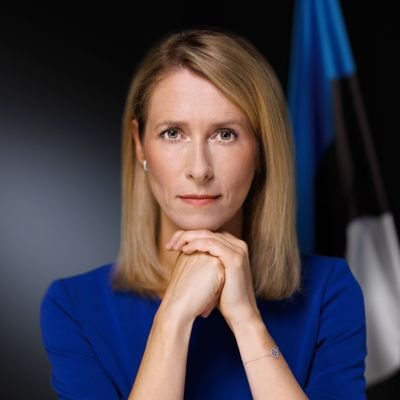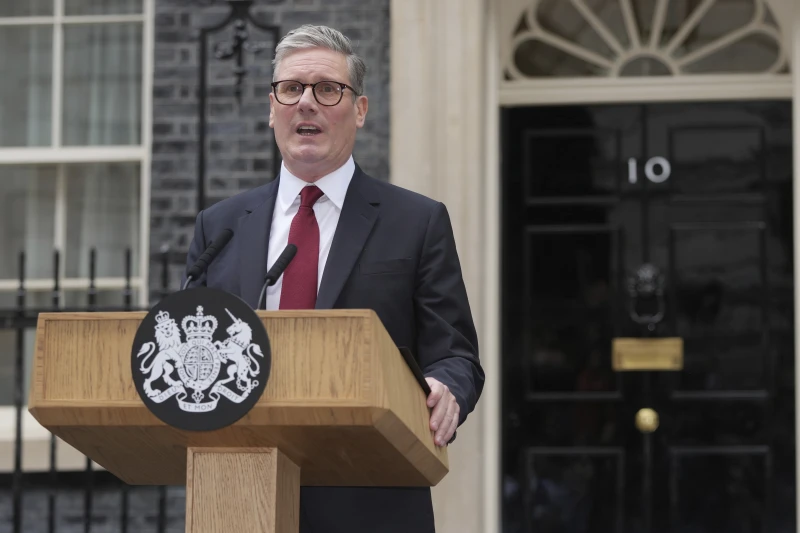Stenbock House, 5 July 2024 – The Estonian government convened on Thursday to address issues related to trade on the Estonian-Russian border, deciding to enhance monitoring of goods subject to EU sanctions.
Prime Minister Kaja Kallas emphasized the need for stringent measures due to attempts to bypass the sanctions at the border. “We need to be sure that the goods crossing our borders are not subject to EU sanctions,” she stated. “Replacing today’s risk-based checks with full cargo and vehicle screening will give us greater assurance that goods, which would feed the Russian war machine, do not cross the Estonian border.”
The new package of EU sanctions has heightened risks, prompting the Estonian government to take decisive action. Kallas highlighted ongoing negotiations with neighboring countries, including Finland, Latvia, Lithuania, and Poland, to establish common border procedures and requirements.
In response to these developments, the Ministry of Finance, in collaboration with the Ministry of the Interior and other relevant agencies, has been tasked with developing an action plan to implement full customs controls on vehicles leaving Estonia.
The background to these measures includes concerns over the transit of goods subject to EU sanctions through the Russian Federation. Despite these goods being destined for third countries, such as those in Central Asia and Belarus, there is suspicion that some may remain in Russia. The Tax and Customs Board currently conducts risk-based checks on the Union’s external borders, involving automated risk analysis of customs documents, with further scrutiny carried out if suspicions arise.




